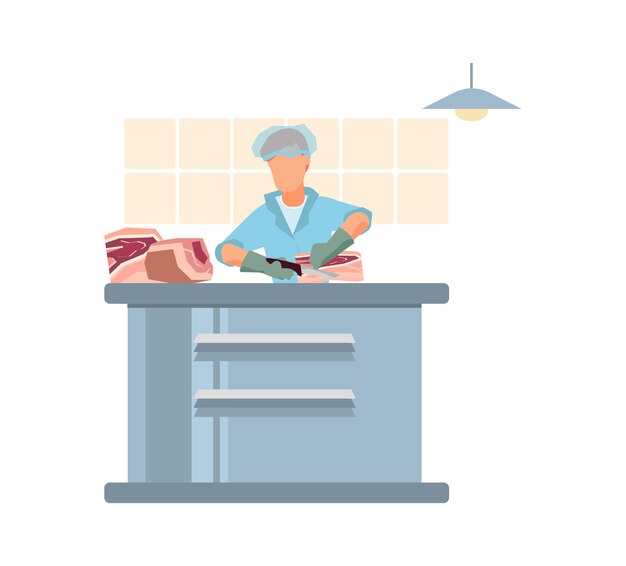Pet Vaccines Explained: Core & Lifestyle Shots | PetVet Animal Hospital


Vaccinating your pet is one of the most important steps you can take to protect them from preventable diseases. But when you’re handed a long list of recommended vaccines, it can be hard to know which ones are absolutely necessary and which are optional. At PetVet Animal Hospital, we take the confusion out of pet vaccines by offering personalized plans based on your pet’s lifestyle, environment, and risk factors.
Pet vaccines fall into two general categories: core and non-core. Core vaccines are recommended for all pets, regardless of lifestyle, because they protect against common and potentially deadly diseases. For dogs, core vaccines typically include rabies, distemper, parvovirus, and adenovirus. For cats, core vaccines often include rabies, feline panleukopenia, herpesvirus, and calicivirus. These diseases can spread easily and cause severe illness or death, so ensuring your pet is protected is crucial.
Non-core vaccines, on the other hand, are recommended based on your pet’s individual risk factors. For example, if your dog regularly visits dog parks, grooming facilities, or boarding kennels, the Bordetella (kennel cough) vaccine may be advised. If your cat spends time outdoors or lives with other cats, the feline leukemia virus (FeLV) vaccine could be important. Other lifestyle-based vaccines include those for Lyme disease or leptospirosis, depending on your pet’s exposure to ticks, wildlife, or certain environments.
At PetVet Animal Hospital, we don’t believe in a one-size-fits-all approach. During your pet’s wellness visit, we discuss your pet’s daily routine, travel habits, and living situation to determine which vaccines make sense. A city-dwelling indoor cat will have a different risk profile than a rural farm dog—and their vaccine schedules should reflect that.
Many pet owners worry about over-vaccination, and we understand that concern. We follow the latest guidelines from the American Animal Hospital Association (AAHA) and the American Association of Feline Practitioners (AAFP) to ensure your pet receives only the vaccines they truly need, at the appropriate intervals. Some vaccines are given annually, while others may only need to be administered every three years.
It’s also important to note that vaccines are not just about individual protection—they also help protect the wider pet community. Widespread vaccination helps prevent outbreaks of contagious diseases that can spread quickly through neighborhoods, shelters, and parks. In this way, vaccinating your pet is an act of community care as much as personal protection.
Beyond the shot itself, our vaccine visits are an opportunity to assess your pet’s overall health. We take time to examine their weight, heart, lungs, teeth, skin, and more. It’s a chance to catch early signs of illness and keep you informed about your pet’s health status. Many times, we’ve identified an issue during a vaccine visit that allowed us to begin treatment before the condition worsened.
In the end, vaccinating your pet is an act of love. It’s a way to protect them from suffering, reduce your risk of costly emergencies, and give them the longest, healthiest life possible. If you’re unsure about what your pet needs, don’t worry—that’s what we’re here for. The team at PetVet Animal Hospital is always happy to walk you through the best vaccination schedule for your dog or cat and provide guidance every step of the way.
By staying up to date on your pet’s vaccines, you’re giving them the gift of protection—and peace of mind for you. Contact PetVet at (317) 792-8919 or visit us at 14065 Mundy Dr, Fishers, IN 46038.



















